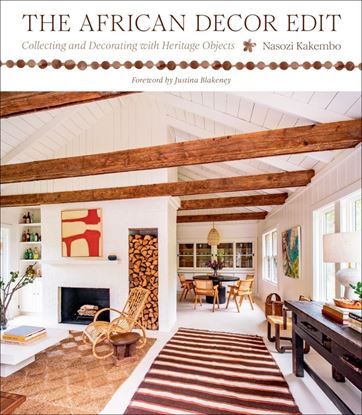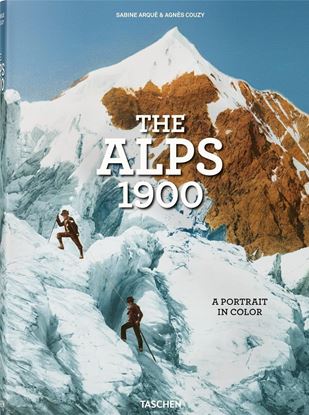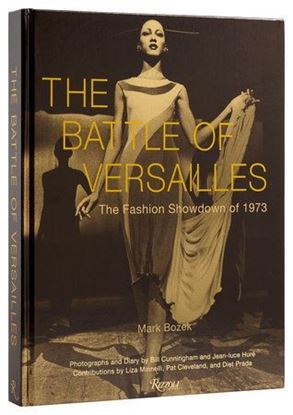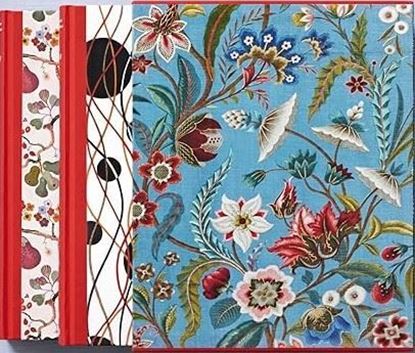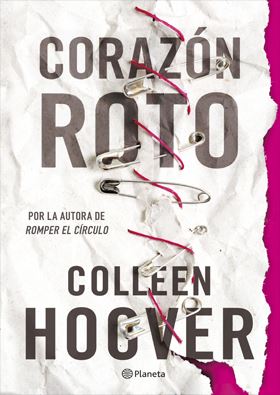

NOVEDADES
TEXTOS RECOBRADOS II 1931-1955
De una a siete de la tarde -mis horas oficiales o "teóricas" de
trabajo- me confieso un impostor, un chambón, un equivocado esencial. De
noche (conversando con Xul Solar, con Manuel Peyrou, con Pedro Henríquez
Ureña o con Amado Alonso) ya soy un escritor. Si el tiempo es húmedo y
caliente, me considero (con alguna razón) un canalla; si hay viento sur,
pienso que un bisabuelo mío decidió la batalla de Junín y que yo mismo
he consumado unas páginas que no son bochornosas. Me pasa lo que a
todos: soy inteligente con las personas inteligentes, nulo con las
estúpidas.
1,200
TEXTOS RECOBRADOS III 1956-1986
Hacia 1957 reconocí con justificada melancolía que estaba quedándome
ciego. La revelación fue piadosamente gradual. No hubo un instante
inexorable en el tiempo, un eclipse brusco. Pude repetir y sentir de
manera nueva las lacónicas palabras de Goethe sobre el atardecer de cada
día: Alles nahe werde fern (Todo lo cercano se aleja). Sin prisa pero
sin pausa -¡otra cita goetheana!- me abandonaban las formas y los
colores del querido mundo visible. Perdí para siempre el negro y el
rojo, que se convirtieron en pardo. Me vi en el centro, no de la
oscuridad que ven los ciegos, como erróneamente escribe Shakespeare,
sino de una desdibujada neblina, inciertamente luminosa que propendía al
azul, al verde o al gris. Ya no había nadie en el espejo; mis amigos no
tenían cara; en los libros que mis manos reconocían solo había párrafos
y vagos espacios en blanco pero no letras.
1,200
THE AFRICAN DECOR EDIT
Travel with Ugandan American designer Nasozi Kakembo as she explores iconic home goods—from Malian mudcloth to Moroccan rugs—at the source and offers thoughtful guidance on collecting and decorating with traditional African treasures.
Through xN Studio, her interior design and product design practice, Nasozi collaborates with artisans throughout Africa, and hers is the rare design book that delves into the origin and meaning behind the furnishings and accessories shown. Each chapter presents artisans in their home countries, telling their stories in their own words.
The book also demonstrates the beauty of African decor, with a collection of inspiring, layered interiors from all over the world. The African Decor Edit is a must-have for all who admire African wares and wish to decorate with them in a thoughtful and ethical way.
The African Decor Edit is not only a gorgeous coffee table book, ready to display and gift. Thanks to author Nasozi Kakembo's deep knowledge of ethically sourced and aesthetically elevated heritage wares, it's a must-have volume for any collector of African home goods.
2,995
THE ALPS 1900 (XL) (INT)
Nothing compares to the Alps” wrote the great French historian Jules Michelet in 1868. At the very heart of Europe, the gigantic Alpine mountain range includes some of the most grandiose natural sites in the world, such as Mont Blanc, the Jungfrau, the Matterhorn, and their glaciers. Tourism began in the late 1800s and grew tremendously over the next centuries, especially with the rise of winter sports. This book offers a charming tour of a bygone era, when the first mountain trains and cog railways were carrying men in lederhosen and women in long dresses to the foot of the glacier, when local guides accompanied tourists riding on mules; a time when the first alpinists were considered mad, and skiers were a curiosity.
11,500
THE BATTLE OF VERSAILLE
The first illustrated book to chronicle the dramatic 1973 face-off between French and American fashion designers, which left an indelible mark on the fashion industry, launched American designers as a global force, and challenged the cultural norms of the time.
Images from the archives of renowned fashion photojournalists Bill Cunningham and Jean-luce Huré—largely unseen until now—capture the behind-the-scenes drama, fabulous clothing, iconic models, and glamorous guests at this historic show.
4,995
THE BOOK OF PRINTED FABRICS. (CL)(INT)
In the far east of France, close to the German and Swiss borders, lies the historic city of Mulhouse. During the early 19th century, it became one of the leading centres of textile manufacture in the country. Today it is home to the Musée de l’Impression sur Étoffes, a museum dedicated entirely to the history of fabric printing from the 17th century right up to the present day.
Few are the serious fashion designers who have not come to visit this astonishing temple to textiles. This book, however, gives you the key to those vaults, presenting on its broad pages perfectly captured images of its collections that span four different continents – recounting a fascinating artistic and technological adventure across the world, from its origins in India to the most contemporary creations.
9,995




